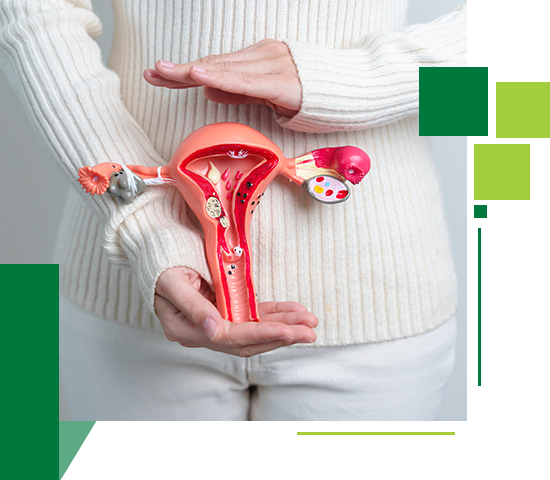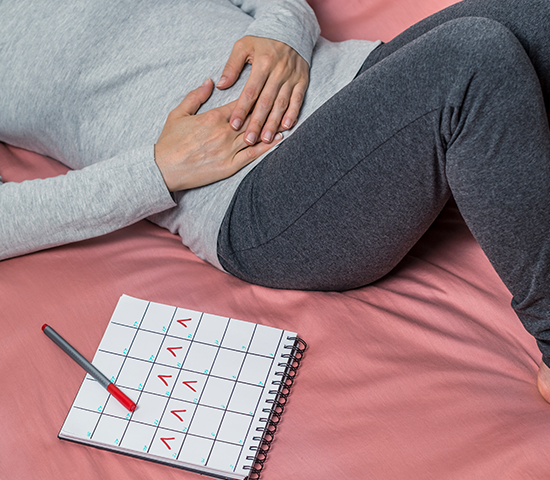Polycystic Ovary Syndrome (PCOS), also known as Polycystic Ovary illness (PCOD), is a common hormonal illness that affects people who have ovaries, especially during the reproductive years. PCOS is characterized by a variety of symptoms, including irregular menstrual periods, ovarian cysts, and hormone imbalances. While the specific origin of PCOS is unknown, it is frequently connected with insulin resistance, which results in high insulin levels in the blood. This hormonal imbalance might interfere with the normal ovulation process, leading in the creation of tiny cysts on the ovaries. PCOS can cause a number of symptoms, including infertility, acne, excessive hair growth (hirsutism), and weight gain. The illness is also associated with an increased chance of acquiring other health conditions, such as type 2 diabetes Cardiovascular disorders and endometrial cancer. A medical history review, physical examination, and blood tests are commonly used to make a diagnosis.


 Causes and risk factors
Causes and risk factors
Polycystic Ovary Syndrome (PCOS) is a complex condition with multiple factors contributing to its development. Several factors and risk factors have been identified:
Hormonal Imbalance: PCOS is characterized by a sex hormone imbalance, namely an excess of androgens (such as testosterone). This hormonal imbalance can cause irregular menstruation periods, ovarian cysts, and a variety of other symptoms.
Genetics: Women with a family history of PCOS are more likely to develop the disorder, indicating that it has a genetic component. Specific genetic variables that influence PCOS risk are currently being investigated.
Insulin Resistance: Insulin resistance is a major component in PCOS. It occurs when the body’s cells become less responsive to insulin, resulting in higher insulin levels. This may cause the ovaries to generate more androgens (male hormones), interrupting the normal ovulation process.
 Solutions from navayur
Solutions from navayur
-
Rated 0 out of 5
-
Rated 0 out of 5





